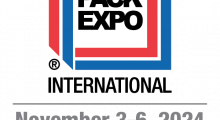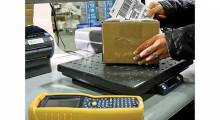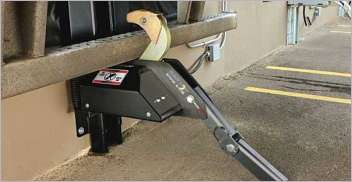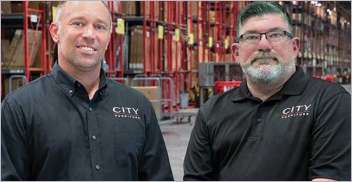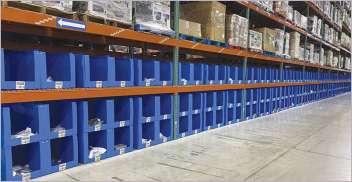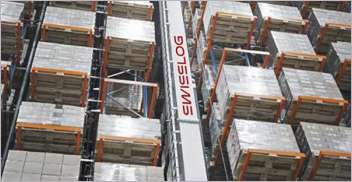With automation spending and sustainability efforts increasingly on the rise, so is the need for more durable, multi-use packaging solutions. And, while the cardboard box remains the ubiquitous secondary packaging standard in food, beverage and consumer packaged goods applications, it has its drawbacks.
Corrugated fiber generates dust that can easily clog sensitive automated equipment and machinery and lead to downtime. The boxes don’t protect against moisture, which contributes to product loss; and they don’t remain dimensionally consistent if they’re used more than once, making them difficult to use within packaging automation.
For all those reasons, Menasha has developed PlastiCorr, a line of reusable, corrugated plastic boxes constructed of polypropylene materials, explains Chris Shepard, product manager.
“In lab testing, we’ve determined that the PlastiCorr boxes can be reused between 70 and 100 times because the plastic material has an inherent memory. They’re also fully recyclable at the end of their lifespan,” Shepard explains.
Shepard says PlastiCorr is the first product to address reusability design and construction challenges that have stymied other manufacturers.
“First, patented Enfold technology allows the major and minor flaps on the box opening to fold and straighten with a crisp edge—like new—every time, enabling packaging automation to easily interface with it,” he explains. “Typically, after a single use, corrugated cardboard flaps become, well, flappy.”
To prevent cuts during manual handling, PlastiCorr box flap edges are sealed and corners are rounded. Further, the PlastiCorr glue joint—typically two layers thick on cardboard boxes, causing a stack of flattened cartons to “tent” in the middle—is specially crushed to maintain consistent sidewall thickness all the way around.
“In addition to the reusability of the PlastiCorr boxes, their use significantly reduces the overall environmental impact associated with the manufacture and recycling of corrugated fiber, which uses more than 280 billion gallons of water annually,” Shepard continues.
“By reusing PlastiCorr cartons on automated packaging lines, a company’s environmental impact can be minimized with up to a 74% decrease in cumulative energy used, 89% reduction in water consumption and 61% savings in solid waste generated,” he adds.
Article topics


